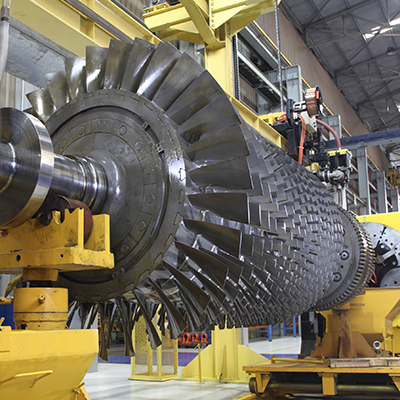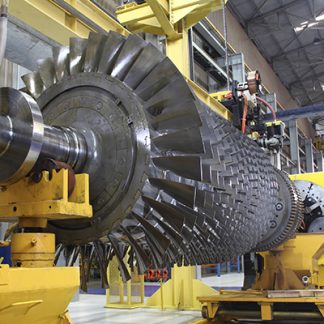Description
OBJECTIVES:
By the end of the course, delegates will:
- familiarize with basic gas laws governing plant operation
- familiarize with the performance and operational aspects of gas and steam turbines and different types of compressor as used in petro-chemical plants.
- be presented with an understanding of the control and protection systems.
- be presented the understanding of auxiliary equipment and systems necessary for continual operation of plant machinery.
- be able to calculate the effects of changes upon machine performance.
PROGRAMME DETAILS:
Day One
- Introduction to course
- Overview of a typical systems covering generation, transmission and distribution
- Determination of flow of real (P) and reactive power (Q)
- Determination and control of fault level
- Control of reactive power & voltage
- Control of active power & system frequency
- The requirements for reactive compensation – voltage profiles
- Quality of supply
Day Two
- Current Operational Problems
- Coping with rising demand for power – transmission and distribution
- The costs associated with increasing fault level
- Catering for increasing load on the existing system – ratings of plant
- Monitoring of plant condition – e.g. temperature
- A review of analytical methods & demonstration of software for optimising system operation
- Increasing problems of heavily loaded systems. – stability, voltage dips
- Active Power and Frequency Control – automated
- Voltage Control and Reactive Power Requirements – automated
- Generation, including combined cycle and small embedded generators
- Transmission voltage levels – line and cable design, power loading and de-rating for temperature effects
Day Three
- Emerging technologies
- Energy and the Environment – solar power, geothermal power, etc. CO2 and its impact on the world
- ‘Green’ generation? Is it possible on a large scale or are there stability problems?
- Demand Side Management – remote load control – minimising demand –optimising transmission – coping with dips and swells
- Optical Current Transducers for Protection
- Optical Current Sensors Eliminate CT Saturation – accuracy
- High Voltage Applications – Surge protection, current limiters network switching, etc
- Non linear loads – harmonics at PCC – filtering – G5/4 requirements
Day Four
- Advances in control and monitoring
- Power Electronics Applied to Power Systems
- Flexibility in AC Systems
- Static Var Compensation
- Series Controlled Capacitors
- Changing maintenance schedules, remote surveillance of plant and the introduction of unmanned substations
- Data logging
- HC-DC Links for stability improvement
- Power Dynamics Management – the low frequency oscillation
- Advanced protection and Control Techniques
- Is – Fault Current Limiter – how to apply
- GIS diagnostics – partial discharge techniques
- Optical cable temperature monitoring
- SCADA and artificial intelligence systems for fault diagnostics
Day Five
- System protection
- Digital and Micro Processor Protection
- Electrical Insulation – Air and SF6 – the problems
- Condition Monitoring of Plant
- Appendix – Characteristics of a Power Network – Review for the Future
- Case studies and simulation



